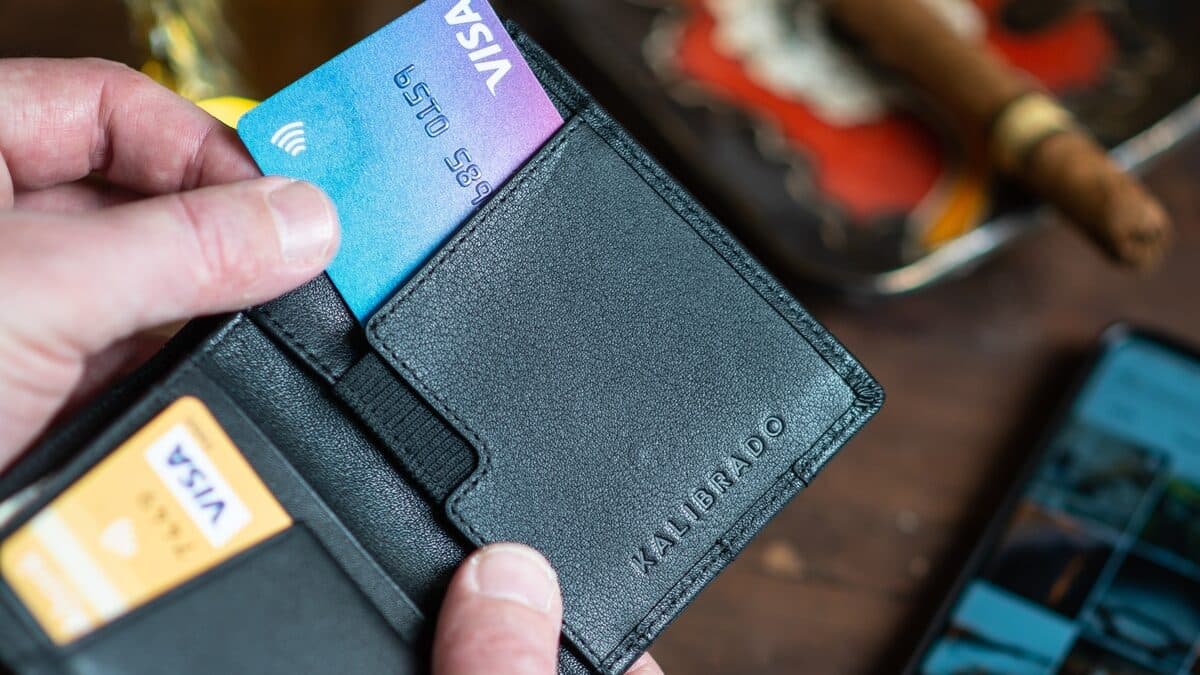Australia’s Treasurer, Josh Frydenberg, has asked the Reserve Bank of Australia (RBA) to consider mandating large and medium-sized banks and debit card issuers to provide retailers with a multiple network option, allowing payments to be processed more cheaply.
Mr Frydenberg also urged authorities to encourage banks to loosen their control on the payment services sector and lessen the cost burden on small companies as shoppers shift towards digital payment modes.
“Recognising the critical role of dual-network debit cards in facilitating least-cost routing, the government strongly encourages the board to consider mandating their issuance for major and medium-sized financial institutions,” Josh Frydenberg said.
A multiple network option allows businesses to pick less expensive domestic systems over the more prevalent but more expensive Visa and Mastercard networks.
Earlier in May, the RBA said that it expected Australia’s big banks to continue offering dual-network debit cards but that there was no need to mandate or expect smaller banks to do so.
Least Cost Routing
Business groups have urged the RBA to require multi-network cards configured to accept payments through the least expensive networks by default.
National Retail Association CEO Dominique Lamb said that modernising the debit payment system could be critical to helping merchants in navigating the present COVID-19 crisis.
“Least Cost Routing (LCR) means providing small business access to cheaper domestic debit payments schemes rather than requiring transaction fees to only go through the far more expensive international providers,” Ms Lamb said in a statement.
“These costs disproportionately impact small and medium-sized businesses who are least able to absorb them. For this reason, the government strongly supports least-cost routing,” the Treasurer added.
Many small businesses that provide high-volume, low-value goods like coffee and takeaway food face average payment fees exceeding 1.5% of transaction values.
“Smaller businesses tend to face higher transaction costs (for example, in the form of merchant service fees) compared with large businesses, but both would consider low-cost payment options as critical to their business,” an Australian government payments system review report said.
Welcoming the announcement, Stephen Benton, CEO of eftpos, a privately-run Australian debit card payment system, said that the government should be commended for the decision, which means lower debit transaction costs for struggling small businesses.
“Mandating least-cost routing as a default for merchants on mobiles and online as well as for the physical use of cards will be a major boost for local small businesses, jobs, and communities as well as a key driver of the digital economy,” Mr Benton said.
“It is essential that we guarantee our businesses access to competition and low-cost payments in a new, post-COVID world dominated by debit cards, mobile apps, and eCommerce.
“The gradual adoption of Least Cost Routing at physical stores has already resulted in merchant fees on debit card transactions being reduced by hundreds of millions of dollars a year.
“However, as we move boldly into the new digital economy, this type of debit card competition is not currently available on platforms like mobile and eCommerce.
“The urgency of effective regulation in this area in a post-COVID economy is amplified by just how fast Australians have shifted to online and digital transactions in recent months.”
High transaction fees
According to Mark McKenzie, CEO of the Australasian Convenience and Petroleum Marketers Association (ACAPMA), a national peak group representing the interests of Australia’s fuel wholesale, distribution, and retail industries, the announcement to mandate LCR is good news for SMEs within the fuel industry.
“The issue of LCR has been a longstanding concern of ACAPMA because the debit costs paid by fuel merchants for the processing of debit card transactions have more than doubled over the past five years”, Mr McKenzie said.
“Service station owners, nearly two-thirds of which are small to medium businesses, are now paying an estimated $116 million in card transaction fees – double what it was in 2016 – just to process the card payments of fuel customers via their payment terminal.”
“This increase is extraordinary with much of it due to banks apparently taking advantage of the lack of transparency of a complex payments system and quietly routing payments down the generally higher cost international card gateways – as opposed to the generally lower cost domestic ‘Eftpos’ system – because they earn more money that way.
“At around 17 cents for a typical fuel transaction processed via the Eftpos gateway versus around 32 cents via the international card gateways, the difference might at first appear trivial.
“But when you are doing hundreds of millions of fuel transactions that cost amounts to businesses paying an estimated $68 million per year more than they otherwise might.
“This equates to around $12,500 per service station per year or just 14% of the pre-tax profit of a typical family-owned small to medium fuel retail business”, Mr McKenzie said.
Dual gateway functionality
McKenzie explained that addressing the issue requires two things: mandating LCR so that all payments’ default’ to the least-cost gateway and requiring that all cards have dual-gateway functionality.
“Some banks have sought to default their customers to the higher cost gateway by designing their cards so that all transactions are processed via the single cost gateway – and thereby the bank earns more money from each transaction.
“The Treasurer’s intervention addresses both aspects and comes at a time when the RBA was signaling an unwillingness to tackle this issue head-on by mandating LCR and requiring maintenance of dual-network debit cards issued by Australian Banks.
“This is despite acknowledging that the issue was causing pain for all Australian SMEs irrespective of the industry in which they were operating”, said Mr McKenzie.
“Most importantly, the Treasurer’s action in writing to the RBA on this matter demonstrates that he is prepared to fight to address a longstanding small business vulnerability on merchant fees when the RBA was not – and that is a great thing”, Mr McKenzie concluded.
Keep up to date with our stories on LinkedIn, Twitter, Facebook and Instagram.

